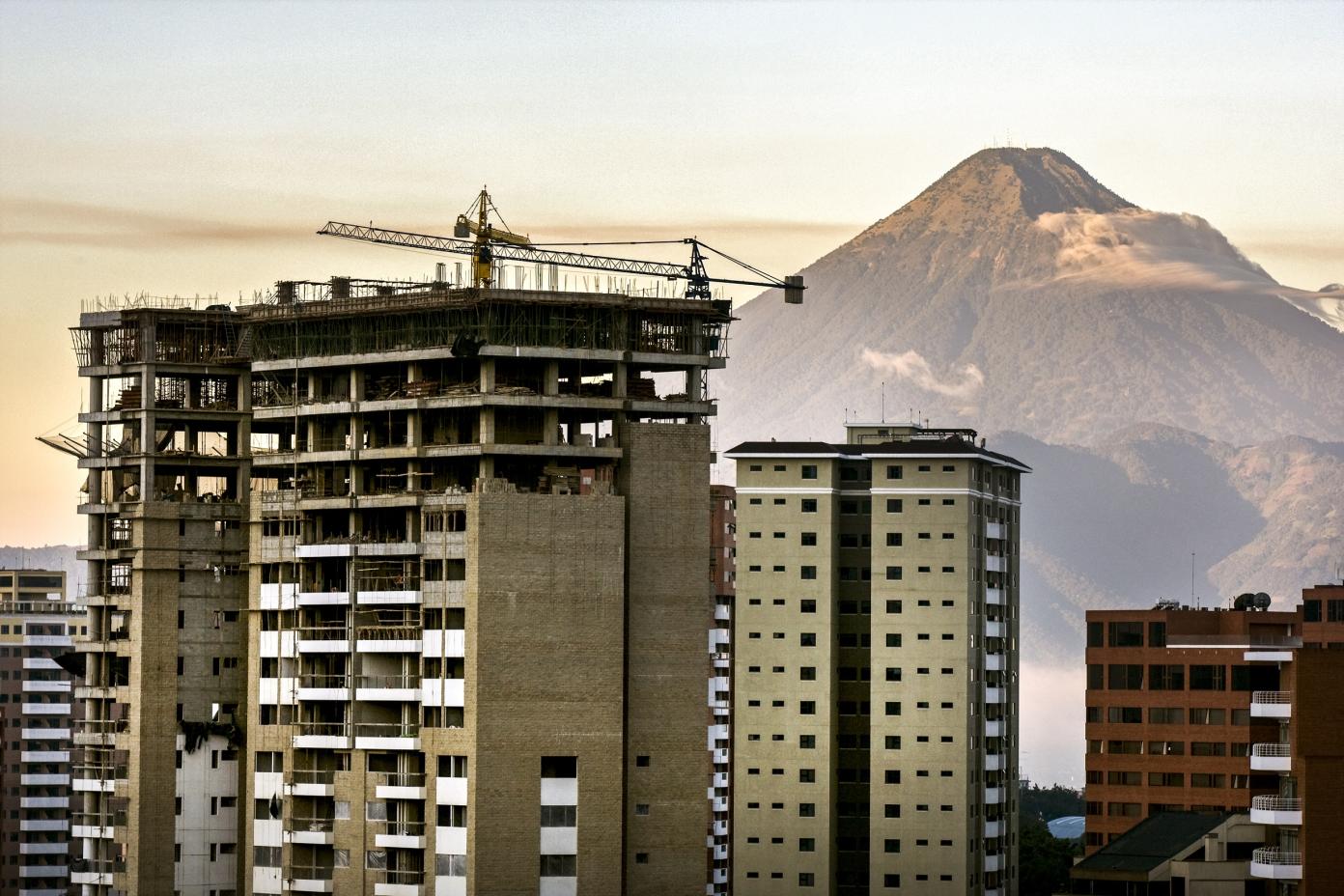Since 2004 the Municipality of Guatemala and UNDP have been cooperating on sustainable development programmes for the city, especially those that encourage young people. This alliance has reached millions of people, and its impact has progressively changed the dynamics of the city as well as enhancing the Sustainable Development Goals.
When COVID-19 hit, the partnership grew in importance and strength.
When the pandemic emerged in Europe and the United States, we could hardly believe that the virus would reach our city. But on March 17, 2020 it did. The President of Guatemala, Alejandro Giammattei, closed all the borders of the country to prevent the spread of the virus. The ‘Santiago City’ plan was launched, focusing on containment, mitigation, and recovery and was designed in order for its residents to continue to get basic services and employment.
During one of the most challenging years in recent history, the strategic alliance between UNDP and the Municipality of Guatemala was able to implement three crucial initiatives. The first was a crowdfunding platform for young entrepreneurs. It appealed to venture capital to invest in young peoples’ ideas to overcome the economic crisis. With Municipal Center for Entrepreneurship, this pilot initiative, “Reactiva Guate”, successfully crowdfunded thousands of dollars.
The second initiative addressed safety in public spaces. With the technical assistance of UNDP, the municipal urban planning team designed the Public Space Manual which was implemented in Paseo de la Sexta; one of the city’s most iconic streets. This document outlines different interventions to assure citizens’ safety. Also, it shows that tactical urban interventions, along with innovation, can integrate issues such as health and public safety.
The third and most challenging initiative was a prepaid system for the city’s rapid bus network, Transmetro. In 2008, Transmetro had started with one line taking cash only. Now, it has seven lines and transports more than 400,000 people daily. UNDP launched a purchase tender process in 2019. The project was delayed for a year, launching in mid-May.
Digital and touchless operations in bus stations became crucial during the pandemic. Changing the traditional way of payments was a key response to COVID-19, and allowed real time data, not only about commuting dynamics, but also daily revenue.
UNDP acknowledges the strength and determination that the Municipality has placed in delivering wellbeing and opportunities to grow in a more resilient manner, especially in response to the challenges faced by COVID-19.
The Municipality of Guatemala also opened 22 “Respiratory Wellness Centers” equipped with rapid COVID-19 tests and medical kits that were designed with the national health authorities and the support of private sector, giving comfort and relief to more than 40,000 people since 2020. The city has since opened another 36 centres.
A massive vaccination programme started in February 2021. Since then, municipal workers have promoted vaccination going house to house to reach unvaccinated people. Today, the Ministry of Health says 88.8 percent of the eligible residents of Guatemala City have received their first dose.
The Municipality of Guatemala, accompanied by UNDP, is working towards a holistic economic and social recovery plan. A healthy future is only possible if we reduce risks. Only then will we be able to build an inclusive and resilient city that offers a better quality of life for its residents and creates opportunities for all, at the same time as advancing the Sustainable Development Goals and the 2030 Agenda.

 Locations
Locations

